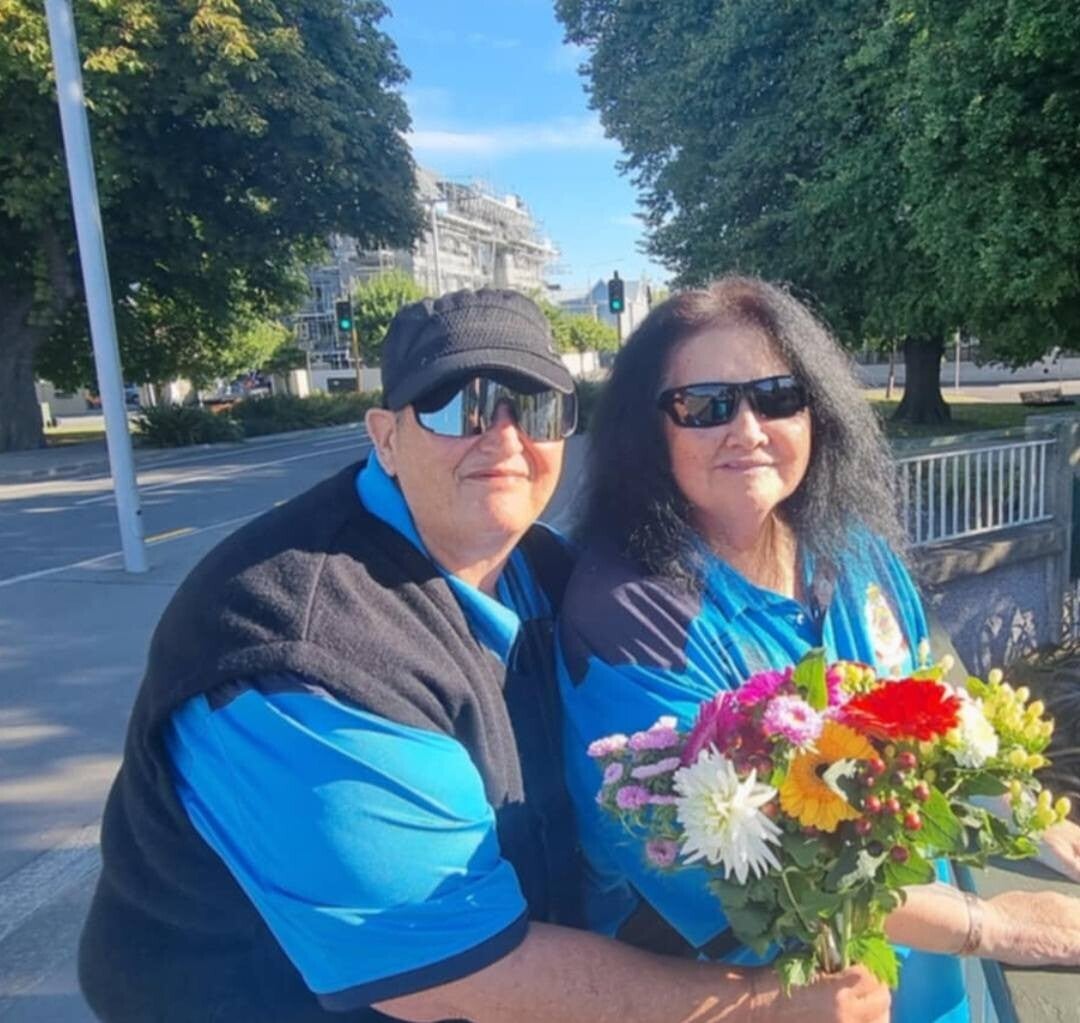Serving our community
We ensure our kaupapa remains relevant and responsive by staying deeply connected to our community through regular kōrero, whakawhanaungatanga, and open channels of communication. We prioritise listening to the voices of whānau, rangatahi, and kaumātua to understand their aspirations and challenges. Our practices are guided by tikanga Māori, and we review our programmes regularly to align with changing needs. We also collaborate with local partners, attend hui, and remain open to innovation, ensuring our kaupapa continues to uplift and reflect the heartbeat of our people. Join us in making a difference.
'Aroha ki te Tangata, ki te tangata, ki te tangata'

Addressing Community Challenges
Our services directly tackle key issues faced by whānau in our community. We improve access to vital support systems, ensuring connections to health, housing, education, and social services are within reach. We champion cultural safety, offering a space where tikanga Māori is embraced, and whānau feel truly seen and understood. Ultimately, we strive to enhance whānau wellbeing by providing tailored plans and guidance that nurtures physical, emotional, and spiritual health. By fostering strong relationships and networks, we reduce isolation, strengthen whanaungatanga, and remove barriers to empowerment, by supporting individuals and organisations


Culturally Responsive Services
At Otautahi Maori Wardens Association, our commitment to Māori values is at the heart of everything we do. We weave tikanga Māori and te ao Māori into our services, ensuring cultural responsiveness. We build strong, trusting whanaungatanga by taking the time to understand each whānau's unique whakapapa and journey. Through manaakitanga, we offer care, respect, and hospitality in all our interactions, ensuring every person feels valued and supported. We champion tino rangatiratanga, empowering whānau to make informed decisions and take control of their own wellbeing. We uphold Māori customs and practices in our spaces, including the use of karakia, pōwhiri, and te reo Māori, and incorporate mātauranga Māori into our planning, delivery, and evaluation of services. We also seek regular guidance from kaumātua and cultural leaders to ensure we stay aligned with kaupapa
Measuring Our Impact
We gauge the positive impact of our services on community wellbeing by using a blend of qualitative and quantitative methods, all rooted in kaupapa Māori values. We gather whānau feedback and stories directly to understand how our support has helped them, recognizing their lived experiences as a key indicator of success. We track improvements in key areas such as housing stability, health access, education, employment, and social connection. We also observe how individuals and whānau are growing in confidence, tino rangatiratanga, and their ability to navigate systems. By monitoring engagement with our services, we assess how it strengthens cultural identity, belonging, and connection to te ao Māori, and we track increasing participation in community-led initiatives and events as a sign of collective wellbeing. Our team regularly reviews our mahi through hui, supervision, and cultural guidance to ensure we’re making a meaningful and measurable impact.

What Makes Us Unique
Our kaupapa Māori foundation and deep community ties set us apart in Ōtautahi. We provide culturally grounded support guided by tikanga Māori, te reo, and mātauranga Māori, creating safe spaces where whānau feel understood and empowered. Our whānau-centred approach is responsive and tailored to individual and collective needs, recognising strengths and aspirations. We build trusted relationships, with our kaimahi often from the same communities we support. We offer holistic, wraparound care, addressing the full spectrum of needs from housing and kai to mental wellbeing, cultural connection, and advocacy. We walk alongside whānau, supporting tino rangatiratanga and long-term resilience. Our services evolve through regular kōrero with whānau, kaumātua, hapū, and community leaders, ensuring we remain relevant to the needs of Ōtautahi and the wider communities.


